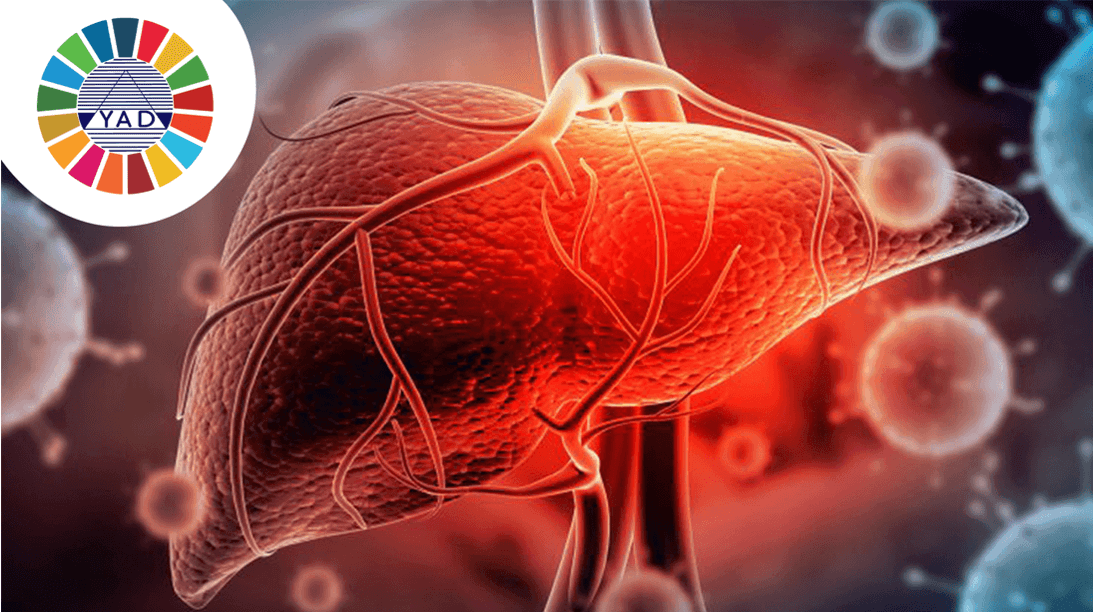Pakistan is facing an epidemic of hepatitis C, almost 14 million people are infected with hepatitis C in Pakistan. Pakistan is a middle-income country and has limited resources.
Hepatitis virus is commonly transmitted from mother to child during birth and delivery, blood transfusion and other body fluids with an infected partner, unsafe injections, and exposure to sharp instruments, hepatitis B resulted in an estimated 82,000 deaths mostly from primary liver cancer.
Most people are unaware of their health status because the disease is asymptomatic in its initial course so we all must agree on the need to convey the urgency to eliminate hepatitis as a public health threat because chronic hepatitis B and its complications is a viral infection that attacks the liver and can cause both acute and chronic diseases.
Such alarming disasters could be avoided through timely testing, treatment, and vaccination these strains of hepatitis can lead to liver cancer, cirrhosis, and other conditions.
Therefore, it needs to focus more on devising and implementing effective preventive strategies to reduce the disease burden of hepatitis C, to lay emphasis on hepatitis vaccination programs, to create awareness among health professionals, patients, families, caregivers, caretakers, CSOs, media, multiple actors, and the community to fight against hepatitis, to creates opportunities to educate people about the burden of these infections with prevention’s efforts and actions to combat viral hepatitis in Pakistan.
